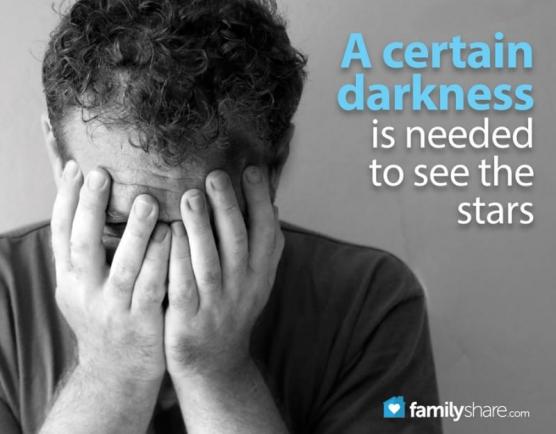
When I was in college, I volunteered for the local crisis line. Most of our callers were individuals who were just lonely and wanted to talk to someone. But one night I received the call that no one wants to get. It was from a woman who said she was going to commit suicide.
Inside, I was frantic. Outwardly, I tried to remain calm and remember my training. "Have you decided how you're going to kill yourself?"� I asked.
"Yes. I'm going to drive up the canyon and run my car off the road."�
"And when do you plan on doing this?"�
"After we're done talking and I've put my girls to bed."�
Oh "� crap.
Finding yourself in a situation where someone you know or care about may be considering taking their life is frightening. However, knowing what to look for and how to talk to the person can be as valuable as knowing how to perform CPR. They're all life-saving techniques.
The National Suicide Prevention Lifeline (www.suicidepreventionlifeline.org) lists several potential warning signs of suicide, including:
-
Threatening to hurt or kill yourself
-
Looking for means (hoarding pills, obtaining a weapon, etc.)
-
Talking or writing about death, dying, or suicide
-
Feeling hopeless
-
Feeling angry
-
Acting reckless or engaging in risky activities
-
Feeling trapped, like there's no way out
-
Increased alcohol or drug use
-
Withdrawing from friends, family, or society
-
Feeling anxious or agitated
-
Experiencing sleep problems
-
Dramatic changes in mood
-
Feeling like life has no purpose or meaning
-
Giving away cherished possessions
If someone you know is exhibiting any of these signs, it is important to ask them if they are thinking about suicide. Be calm and matter-of-fact. Remember that saying the word or talking about the subject will NOT plant thoughts of suicide in their head. If you appear confident in the face of a crisis, this can be reassuring for the person with whom you are talking. Let them know you care and you want to help. Express empathy with what they're going through ("It must be scary to feel so alone"�). Tell them that it is actually common to have thoughts of suicide, but that doesn't mean we need to act on those thoughts. Let them do most of the talking if they can. Above all, do not pass judgment on what they are feeling. Comments like, "Why would you want to kill yourself? You have so much to live for!"� and, "You would destroy your family if you did something like that,"� only make the person feel worse.
So what do you do when the person you're talking to says, yes, they are thinking about suicide? That's when you need to ask the all-important HOW-WHEN-WHAT questions:
HOW
do you plan to do it?
WHEN
do you plan to do it?
WHAT
Do you have WHAT you need to do it?
The more concrete their plan, ("I'm going to drive my car off the cliff after my kids are asleep"�) the more serious the situation (although any suggestion of suicide should always be taken seriously). Do not leave the person alone and get them help as soon as possible - whether that means calling their doctor or 911.
I don't know what happened to the woman I talked to on that long ago night. I checked the newspaper every day for several days but never saw any mention of a car accident in the canyon. I hope she got help. Even if the worst happened -and sometimes the worst DOES happen - I know I tried my best. That's really all you can do.
For more information on suicide prevention, go to:
-
Mental Health First Aid (www.mentalhealthfirstaid.org)
-
Suicide Prevention Lifeline (www.suicidepreventionlifeline.org or 1-800-273-TALK)
-
National Alliance on Mental Illness (www.nami.org)
-
American Foundation for Suicide Prevention (www.afsp.org)

